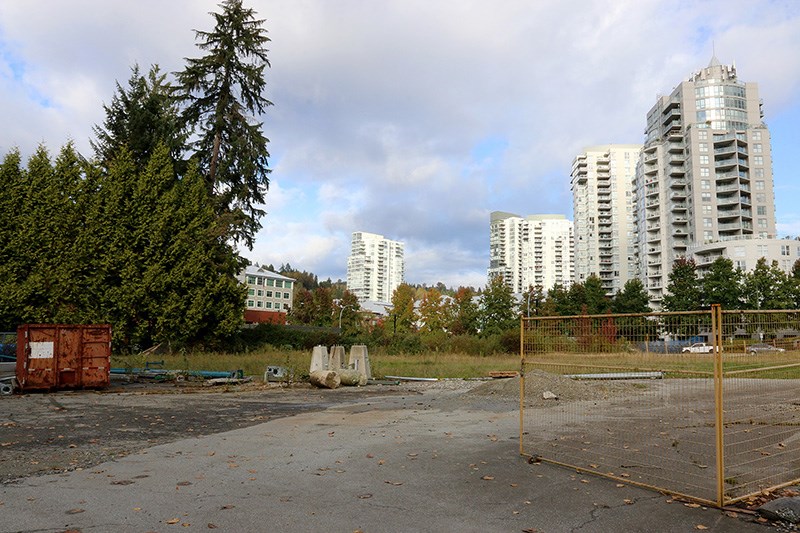The average Port Moody household — assessed at $970,000 — will pay an extra $85 in property taxes this year.
That’s 3.55% more than last year.
And while some councillors say that’s still too much, others are sounding the alarm bell that city homeowners could be in for a rougher ride in years to come.
Coun. Diana Dilworth, who voted against the increase at Tuesday’s council meeting, said keeping it low for a second year in a row — last year’s increase was 1.61% — is a bit misleading to the city’s taxpayers as many programs and services have been cut or reduced because of the COVID-19 pandemic.
Still, when the public health crisis is over, their resumption will come with a price. “Post-COVID, we’re going to have to put everything back in the budget we took out,” Dilworth said. “Our residents are going to be hit hard.”
Coun. Meghan Lahti also said the increase is too low and just kicks the need for more tax revenue down the road. “It’s always easier to say maybe next year,” she said. “It might be easier to make those tough decisions in a COVID year.”
Some of those decisions, Lahti suggested, could include cuts to services — something 38% of residents who responded to a recent online survey, conducted by the city, said they would tolerate if it means holding the line on tax increases; another 49% of respondents said they’d support a bigger tax increase if it means maintaining current services.
“We’re failing in our jobs to make decisions that will result in a sustainable future for the city,” Lahti said, adding council’s continued inaction on the future of the old firehall and public works yard sites ignores an important piece of potential revenue that could help replenish city coffers.
In 2018, 53% of voters in special non-binding referendum that was part of Port Moody’s civic election rejected the idea of selling or leasing the properties to a developer as a way to facilitate or fund new amenities like a larger library, seniors housing or more park space.
The firehall site, at the corner of Ioco Road and Murray Street, has been vacant since 2014 while the public works yard, just a little further west along Murray Street, is scheduled to be relocated to a new site on Barnet Highway.
Mayor Rob Vagramov said the 3.55% increase that council endorsed with third reading on Tuesday is still too much, even though it’s almost 1% lower than was initially proposed in January.
He said it would be difficult to ask more of taxpayers who are already struggling with some of the financial implications from more than a year of public health restrictions and job losses.
“When there is a crisis, you do things year by year, month by month, sometimes you do things day by day,” he said, adding even when the pandemic is over, services and programs that have been cut won’t necessarily return all at once.
Vagramov challenged the councillors who think further cuts are needed to offer their suggestions.
In March, Port Moody’s manager of finance and technology, Paul Rockwood, told council 2.8% of this year’s tax hike is to cover $1.25 million in revenue that’s been lost by the closure of the Flavelle saw mill last October.
He added some of that hit has been smoothed by a supplemental tax charge to the company of $270,000 as well as transfers from the city’s growth stabilization reserve fund; however, that fund will be depleted in two years.
To realize further savings, staff were also able to trim more than $416,000 from the city’s operating budget for the coming year and boosted revenue expected from the two electronic billboards that were erected in January, by $140,000.
Last December, Coquitlam approved a property tax increase of 2.94%. Port Coquitlam homeowners are looking at a hike of 2.37%.
Meanwhile, Port Moody homeowners who aren’t able to pay their tax bill by the July 2 due date won’t face a late penalty until Sept. 16.
Rockwood told council’s committee of the whole on April 20 that any shortfall in revenues created by delayed payments could likely be covered by money the city has received from a provincial COVID recovery grant.



